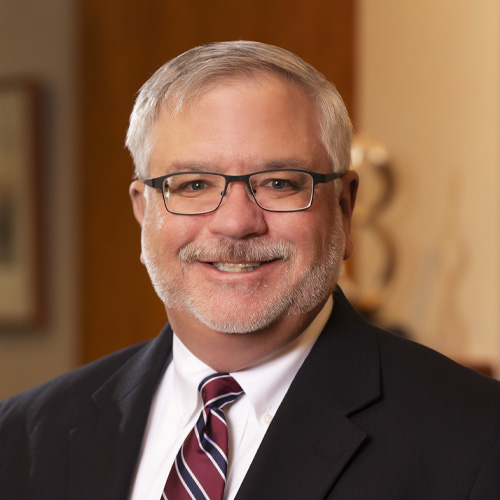Expert

Dave Dillon
Actions
Type
Topic
- Advocacy
- Rural Health
Tags
New policy recommendations to improve health and health care in rural Missouri and guide stakeholders’ efforts to Reimagine Rural Health™ have been released by the Missouri Hospital Association. The new policies build on 2019 accomplishments, which were assembled from core rural health challenges identified at Gov. Mike Parson’s December 2018 Rural Health Summit in Bolivar, Mo.
“Last year, we invited stakeholders to a rural health summit to help identify the investments and policies needed to reduce health disparities in rural Missouri,” said Gov. Parson. “After establishing priorities and a strong framework, we began to invest in primary and behavioral health care expansion, in better rural broadband, and in the rural workforce. Rural communities need access to quality health care, and we will continue to promote the policies and investments that make rural Missouri and rural Missourians healthier.”
In 2019, Parson included numerous rural health-related investments in his budget recommendations and legislative agenda, including elements of the 10-part 2019 Reimagine Rural Health™ agenda. Many of these items were adopted in the budget or through legislation.
“The closure of rural hospitals, and the significant shortage of primary care, behavioral health and other health care providers, is leading to medical deserts in parts of the state,” said Herb B. Kuhn, MHA President and CEO. “That’s why the governor’s initiative, launched a year ago, has created an opportunity for smart investments and focused policy changes. His leadership has created a platform where Missouri can reimagine our rural health care system to make care more convenient, stronger and sustainable.”
The Reimagine Rural Health™ 2020 agenda centers around three core areas: infrastructure that supports health and health care, the health care workforce, and increased access to primary and behavioral health care.
Improving the infrastructure that connects rural Missouri will benefit communities and improve health. The poor rural road systems can lead to additional time to care in an emergency. At the same time, the lack of rural public transportation can reduce residents’ ability to access the care they need to stay healthy. Expanding rural broadband infrastructure will create new opportunities to extend the reach of primary, specialty and behavioral health care, while increasing the options for seniors to age in place through monitoring technologies.
Nearly all of Missouri’s counties are both primary care and behavioral health workforce shortage areas. To help mitigate the rural workforce shortage, Missouri can address challenges to professional practice for physicians and the highly trained health professionals that support physicians. To contend with the long-term challenge, Missouri could invest in programs to train, place and retain rural health care workers.
Rural Missouri has a critical shortage of behavioral health resources. Additional investment in community-based behavioral health care, and better coordination between primary care and behavioral health care, can alleviate aspects of the shortage. Better understanding of the drivers of rural behavioral health disparities can promote better management of these limited resources. Additionally, expanded access to telehealth services will extend the reach of primary care, behavioral health care and specialty care to rural Missouri.
“We have made progress toward better rural health, and the work will continue — this year and into the future,” said Kuhn. “When we understand the drivers of rural health disparities, we can put together smart policy solutions to address rural-centered health challenges. Together, with stakeholders from small communities throughout the state and our leaders in Jefferson City and Washington, D.C., we can Reimagine Rural Health™.”









